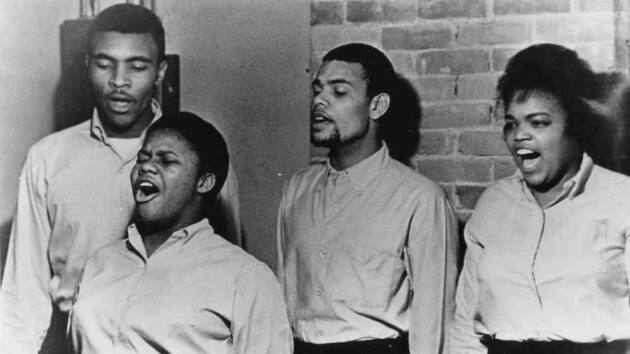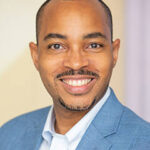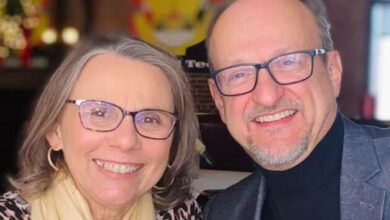
White evangelical churches have a music problem, and I fear it’s getting worse.
This year, the National Museum of Gospel Music is slated to open in Chicago. It will rise from the site of the historic Pilgrim Baptist Church, where the “father of gospel music,” Thomas Andrew Dorsey, laid the foundation for a robust tradition of black sacred singing. This is a tradition informed stylistically by the blues and theologically by the promise and peril of black creativity in the hostile sociopolitical environment of the 1930s. The museum’s construction is thus a source of tremendous pride for the Bronzeville neighborhood of Chicago’s South Side and for African American communities throughout the country.
READ: Music in most churches is “dangerous” says Getty
So let us not sound the death knell of black gospel music. We all need it still. Music alone will not cure our country’s racial ills, but bold musical changes within white evangelical churches could spark demographic and ideological shifts.
This transformation can only happen if church leaders and congregants work to cultivate musical spaces that are more empowering to African American Christians and believers of color.
–Melvin L. Butler, Ph.D. is an Associate Professor in the Department of Musicology at the FROST SCHOOL OF MUSIC. He specializes in music and religion in Haitian, Jamaican, and African American communities. Dr. Butler’s research explores the cultural politics of musical performance, national identity, and extraordinary experience. He also examines discourses of cultural authenticity and spiritual power that inflect congregational practice. At the heart of his scholarly work lies a critical reconsideration of how spiritually charged music making is embedded in processes of boundary crossing, identity formation, and social positioning throughout the African diaspora.
He is also a Public Voices Fellow of The OpEd Project.









